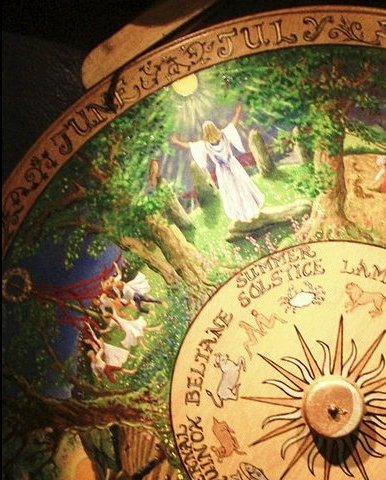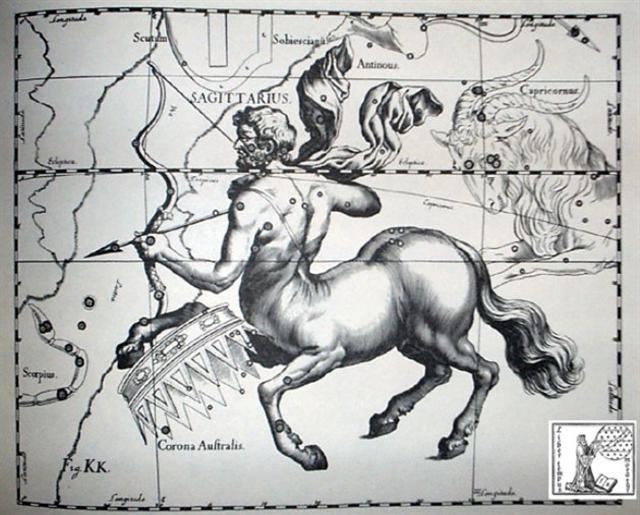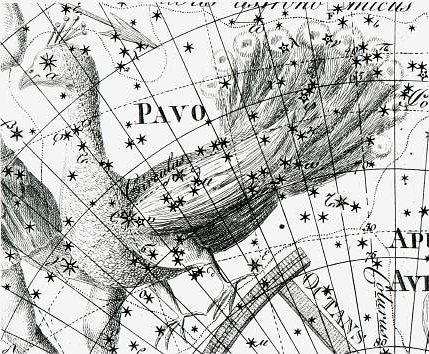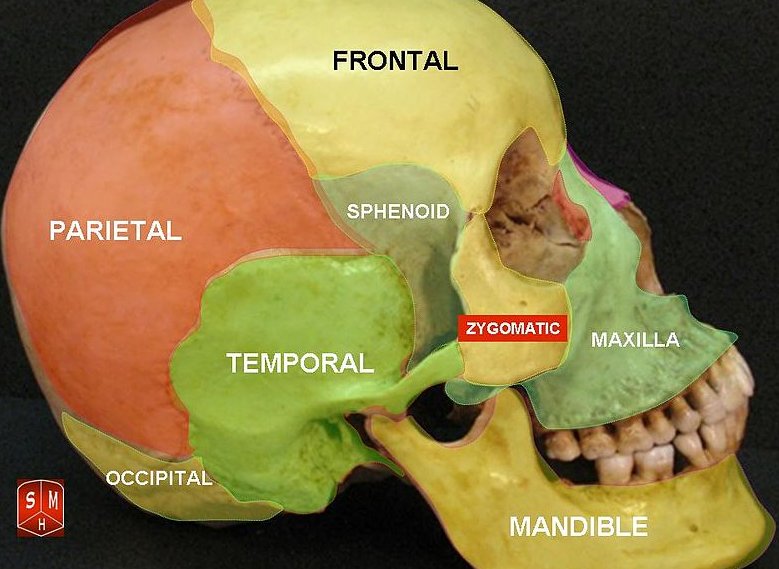Ba10.5
Let's now continue our task of mapping stars, glyphs, and dates
together:
 |
 |
 |
 |
|
Ba10-7 (396) |
Ba10-8 |
Ba10-9 |
Ba10-10 (400
- 1) |
|
ki to ihe |
kua rere ki ruga |
o te marama |
|
Marama. 1. Month, light.
The ancient names of the month were: Tua
haro, Tehetu'upú, Tarahao, Vaitu nui, Vaitu
poru, He Maro, He Anakena, Hora iti, Hora nui,
Tagaroa uri, Ko Ruti, Ko Koró. 2. Name of an
ancient tribe. Maramara, ember. Vanaga.
Light, day, brightness, to glimmer; month;
intelligent, sensible; no tera marama,
monthly; marama roa, a long term;
horau marama no iti, daybreak; hakamarama,
school, to glimmer; hare hakamarama,
school, classroom. P Mgv.: màràma, the
light, daylight; maràma, wise, learned,
instructed, moon. Mq.: maáma, light,
broad day, bright, instructed, learned; meama,
moon, month. Ta.: marama, moon, month. In
form conditionalis this word seems derivative
from lama, in which the illuminating
sense appears in its signification of a torch.
The sense of light, and of specifically the
moon, appears in all Polynesia; in Futuna and
Uvea the word signifies the world. The tropical
extension to the light of intelligence is not
found in Nuclear Polynesia, therefore not in the
Proto-Samoan, but is a later Tongafiti
development. Maramarama, bright;
manava maramarama, intelligent. P Pau.:
maramarama, intelligent. Ta.: maramarama,
light, brightness. Churchill. The month sense is
found in Tahiti, Marquesas, Rarotonga and Maori
associated with the moon signification, and in
Hawaii is specifically dissociated therefrom to
characterize a solar month. Churchill 2.
 |
|
INVISIBLY
CLOSE TO THE SUN: |
|
MAY 1 (BELTAINE) |
2 (122) |
3 |
4 (370 - 64 - 182) |

 |
|
VISIBLE CLOSE
TO THE FULL MOON: |
|
ξ Sagittarii (287.1), ω Pavonis (287.3), ε
Aquilae, ε Cor. Austr.,
SULAPHAT (Little Tortoise Shell) = γ Lyrae
(287.4),
λ Lyrae (287.7),
ASCELLA
(Armpit) = ζ Sagittarii,
BERED = i Aquilae (Ant.)
(287.9)
*246.0 = *287.4 - *41.4 |
Al Na'ām-18 (Ostriches)
/
Uttara Ashadha-21
(Elephant tusk, small bed)
NUNKI = σ Sagittarii (288.4),
ζ Cor. Austr. (288.5),
MANUBRIUM = ο Sagittarii
(288.8), ζ Aquilae (288.9)
*247.0 = *288.4 - *41.4 |
19h (289.2)
λ
Aquilae (Ant.) (289.1),
γ
Cor. Austr (289.3),
τ
Sagittarii (289.4),
ι
Lyrae (289.5),
δ
Cor.
Austr. (289.8)
*248.0 = *289.4 - *41.4
|
Al Baldah-19 (City)
AL BALDAH = π Sagittarii,
ALPHEKKA (Dish) MERIDIANA = α Cor. Austr.
(290.1), β Cor. Austr. (290.2) |
|
Jan 2 |
3 (80 + 288) |
4 |
5 (370 = 80 +
290) |
|
OCT 30 |
31 (80 + 224) |
NOV 1 (*225) |
2 (306) |
 |
 |
 |
 |
 |
 |
 |
|
Ba10-11 (400) |
Ba10-12 |
Ba10-13 |
Ba10-14 |
Ba10-15
(→ 150) |
Ba10-16 |
|
ko te ika |
kua hagai |
ma to koe tagata ora ra
ko to ihe |
kua rere ki to ragi - kua
moe ko hau tea |
ki ruga o te tagata -
kikiu atu |
kua rere te manu |
|
Kikiu. 1. Said of
food insufficiently cooked and therefore
tough: kai kikiu. 2. To tie securely;
to tighten the knots of a snare:
ku-kikiu-á te hereíga, the knot has been
tightened. 3. Figuratively: mean, tight,
stingy; puoko kikiu. a miser; also:
eve kikiu. 4. To squeak (of rats,
chickens). Kiukiu, to chirp (of
chicks and birds); to make short noises. The
first bells brought by the missionaries were
given this name. Vanaga. Kiukiu (kikiu).
1. To resound, to ring, sonorous, bell,
bronze; kiukiu rikiriki, hand bell;
tagi kiukiu, sound of a bell;
kikiu, to ring, the squeeking of rats;
tariga kikiu, din, buzzing;
hakakiukiu, to ring. Mgv.: kiukiu,
a thin sound, a soft sweet sound. 2. To
disobey, disobedience; mogugu kiukiu,
ungrateful; ka kikiu ro, to
importune. Churchill.
.jpg)
Atu. Particle of meaning opposite to
that of mai; it refers to the second
or third person, expressing movement away:
ka-avai-atu, give it to him:
he-oho-atu au, I am going there, after
you; i-oho-atu-era, when I had gone
there. Vanaga. 1. a. Directive, of motion
from the speaker. b. Somewhat expressive of
the comparative degree. 2. Pupil; hakaatu,
proof; hare hakaatuga, schoolhouse,
class. 3. (hakaatu), to presage. 4. (hakaatu),
mark, object. Churchill.
|
|
INVISIBLY
CLOSE TO THE SUN: |
|
MAY 5 (5 * 5 * 5) |
6 |
7 |
8 (128) |
9 |
10 |
|
VISIBLE
CLOSE TO THE FULL MOON: |
|
ALADFAR (The Talons) = η Lyrae
(291.1),
NODUS II = δ Draconis
(291.5), ψ Sagittarii (291.6), τ Draconis
(291.7), θ Lyrae (291.8) |
ω Aquilae (292.1), ρ Sagittarii (292.6), υ
Sagittarii (292.7) |
π Draconis,
ARKAB PRIOR = β¹ Sagittarii
(293.0),
ARKAB POSTERIOR = β² Sagittarii,
ALRAMI (The Archer) = α Sagittarii
(293.2), χ Sagittarii (293.6) |
DENEB OKAB (Tail of the Eagle) =
δ
Aquilae (Ant.)
(294.0),
α VULPECULAE (Little Fox)
(294.9) |
ν
Aquilae (Ant.) (295.0),
ALBIREO - Hen's Beak =
β
Cygni
(295.5) |
ALSAFI (Fire Tripod) =
σ
Draconis
(296.0),
μ
Aquilae (296.3),
ι
Aquilae (Ant.)
(296.8), κ Aquilae (Ant.) (296.9) |
 |
|
Jan 6 |
7 |
8 |
9 (374) |
10 |
11 |
|
NOV 3 |
4 |
5 |
6 (310 =
294 + 16) |
7 |
8 |
 |
 |
 |
 |
 |
|
Ba10-17 |
Ba10-18 |
Ba10-19 (408) |
Ba10-20 |
Ba10-21 |
|
i te tagata ure huki |
no ona |
koia anake |
ka mou ia |
mai tae tuki te henua |
|
Anake, unique. T
Pau.: anake, unique, to be alone.
Mgv.: anake, alone, single, only,
solely. Mq.: anake, anaé,
id. Ta.: anae, all, each, alone,
unique. Anakena, July. Ananake,
common, together, entire, entirely, at
once, all, general, unanimous,
universal, without distinction, whole, a
company; piri mai te tagata ananake,
public; kite aro o te mautagata
ananake, public; mea ananake,
impartial; koona ananake,
everywhere. Churchill.
Mou.
1. Enough (moua,
mouga). PS Sa.: mou,
many. 2. To get (mau);
hakamou, id. 3. To use up, to
expand, to absorb; hakamou, to
spend; hakamoumou, to use up,
to expend. 4. To be silent, shy,
dejected, stupid, taciturn, mute,
uncomplaining, silence, shut up!,
attention!; mou no, to speak
in laconic terms, dull, mute,
silence; hakamou, to silence,
to shut up, to quiet. Mq.: mou,
peace, tranquil, quiet. 5. To cease,
to end, to finish, to conclude; a
pact, agreement; mou noa, to
endure (mau); mou a te toua,
reconciliation; ina kai mou,
always, eternal, perpetual; ina e
ko mou, incessant; e ko mou,
always; tae mou, permanent,
perpetual; hakamou, to
accomplish, to end, to conclude, to
consummate, to conciliate; e ko
moumou, indissoluble;
hakamoumouga, the finish,
termination, Mgv.: mou, to
quench the thirst. 6. To harass;
mou no, to suffer damage;
hakamou, to abolish, abrogate,
annihilate, nullify, annul,
impoverish, destroy, interrupt,
exsterminate, plunder, smooth out
folds; moumou, to devastate,
pillage, devastation, destruction;
hakamoumou, to demolish, to
ravage, to suppress. Ta.: mou,
to extinguish, to destroy. Moua,
enough, past (mou, mouga).
Churchill.
|
|
INVISIBLY
CLOSE TO THE SUN: |
|
MAY 11 |
12 |
13
(133) |
14 |
15 |
|
VISIBLE
CLOSE TO THE FULL MOON: |
|
ε Sagittae (297.1), σ Aquilae (Ant.) (297.4),
SHAM (Arrow) = α Sagittae (297.8)
*256.0
= *297.4 - *41.4 |
β Sagittae (298.0), χ Aquilae (298.3), ψ
Aquilae (298.8) |
υ Aquilae (299.1),
TARAZED (Star-striking Falcon) = γ
Aquilae
(299.3), δ Sagittae (299.6), π Aquilae
(299.9) |
Sravana-23 (Ear or
Three Footprints)
TYL =
ε
Draconis
(300.0),
ζ
Sagittae (300.1),
ALTAIR (Flying Eagle) = α Aquilae
(300.3),
ο
Aquilae (300.5),
BEZEK =
η
Aquilae (Ant.)
(300.8) |
ι Sagittarii (301.2),
TEREBELLUM = ω Sagittarii,
ξ Aquilae (301.3),
ALSHAIN (Falcon) = β Aquilae
(301.6), φ Aquilae (301.8) |
 |
|
Jan
12 (377) |
13 |
14 |
15 |
16 |
|
NOV 9 |
10
(314) |
11 |
12 |
13 |
 |
 |
 |
|
Ba10-22 |
Ba10-23 |
Ba10-24 (413 = 14 * 29½) |
|
kua
moe ko
te manu |
ki to
ika |
e tagata haga era ki
te mea ke |
|
INVISIBLY
CLOSE TO THE SUN: |
|
MAY
16 (136) |
17 |
18 |
|
VISIBLE
CLOSE TO THE FULL MOON: |
|
ε Pavonis, θ Sagittarii (302.3), γ
Sagittae (302.5), μ Pavonis (302.7) |
τ Aquilae (303.8) |
20h (304.4)
304.4 = 118.4 + 186.0
η Sagittae (304.2),
δ Pavonis (304.4)
*263.0 = *77.0 + *186.0 |
 |
|
Jan
17 (382) |
18 |
19 |
|
NOV
14 |
15 |
16
(320 = 384 - 64) |
The expressive glyph in position 413 = 365 + 48
could indicate 20h. However, I am inclined to
rather associate it with
8h.
We can see 8 'fire feathers' around the little 'ball'. In the Gregorian calendar
the corresponding date ought to be 19 (Jan 19) +
183 =
202 (July 21) →
*202. These numbers we have surely
stored in our minds. The precession had
apparently carried
them 80 days forward in the Sun calendar:
|
 |
*79
|
 |
|
Ba8-17 (311) |
Ba10-1 (390) |
|
NOV 16 (320) |
FEBR 3 (399) |
|
FEBR 5 (400) |
APRIL 25 (115) |
|
ADHIL (*19) |
GEMMA
|
|
SPICA (*202) |
VEGA (*281) |
|
Te Taka-pau |
39 variants of uhi - STOLEN by Teke from his
brother Ma'eha [E:58-64] |
|
 |
18 |
 |
13 |
 |
7 |
 |
|
SIRRA H
(*0) |
ADHIL (*19) |
MIRA (*33) |
BHARANI (*41) |
|
ALCHITA
(*183) |
SPICA (*202) |
KHAMBALIA
(*216) |
ZUBEN
ELGENUBI (*224) |
|
0h |
39 (= 3* 13) |
|

Teke.
Occiput. Teketeke, short (not tall);
also: teke. Vanaga. Teke ki nei,
as far as, until (? tehe 1). Teketeke,
crest, ridge. Churchill. |
|











.jpg)















